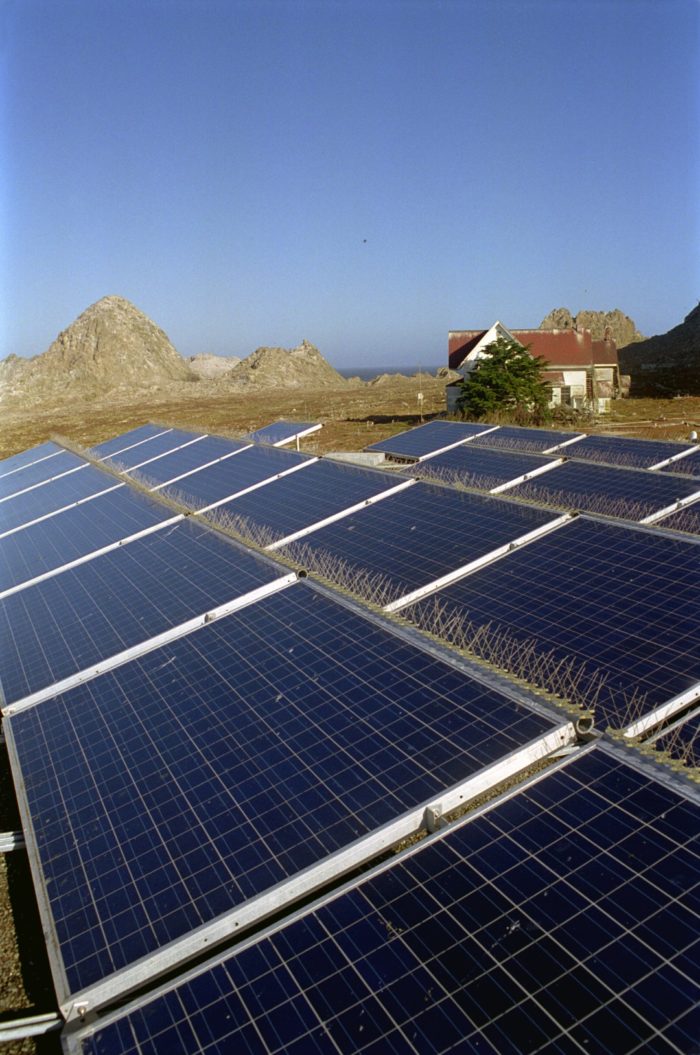
Image Credit: National Renewable Energy Laboratory
A proposed federal law, HR 5571, would reverse the 30% tariff on imported solar panels ordered by President Donald Trump in January. The bill was introduced in the U.S. House of Representatives on April 19 by Representative Jacky Rosen, a Democrat from Nevada, and four co-sponsors.
The tariffs were imposed on the recommendation of the International Trade Commission to fend off the flood of cheap solar imports from China and several other countries. Duties are 30% in the first year and will drop incrementally to 15% in the fourth year, according to a fact sheet from the U.S. Trade Representative.
The U.S. solar industry did its best to head off the tariffs, claiming they would result in thousands of lost jobs. Rosen’s announcement took a similar line.
“Solar energy’s success throughout Nevada has led to new jobs, cheaper power bills, and the growth of a new industry that is diversifying our state’s economy,” Rosen said in a prepared statement. “This Administration directly threatened the stability and financial well-being of our local solar industry when the President decided to impose a 30 percent tariff on imported panels. An attack on solar energy is an attack on the countless hardworking Nevadans who benefit from this growing industry, and my new bill will reverse this damaging decision.”
Co-sponsors include Representative Mark Sanford (R-South Carolina), Representative Jared Huffman (D-California), Representative Ralph Norman (R-South Carolina), and Representative Steve Knight (R-California). The bill has been referred to the House Ways and Means Committee.
If the bill is eventually passed, duties would drop back to the rates in effect before Trump’s order, and companies that import solar products subject to the higher duties would get refunds.
EnergySage Solar Marketplace, an online service that gathers quotes for homeowners from installers, reported that the tariffs would increase the cost of a 6 kW system by between $600 and $720 in the first year, or between 10 cents and 12 cents per watt. But the impact will be limited as the cost of solar panels continues to fall.
“The end result is that the percentage-based tariff, which is already set to fall each year, will be even smaller because it will be applied to ever-decreasing module costs,” an analysis posted at its website said.
The president told a gathering of governors in February that the tariffs would revive the sagging solar manufacturing industry in the U.S., but a report posted at Greentech Media suggested that a PV manufacturing boom in the U.S. was unlikely.
Weekly Newsletter
Get building science and energy efficiency advice, plus special offers, in your inbox.





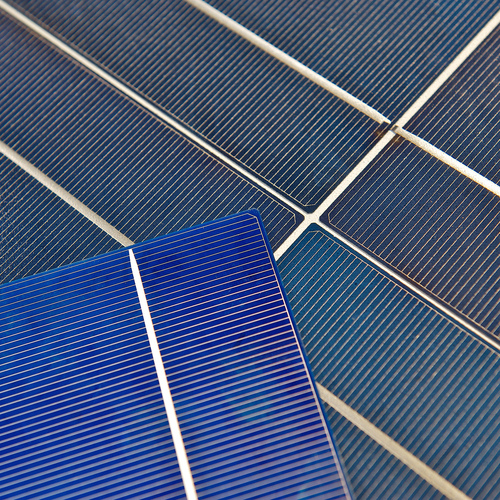
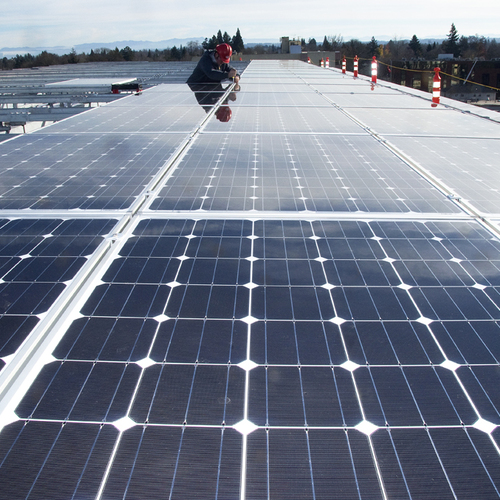
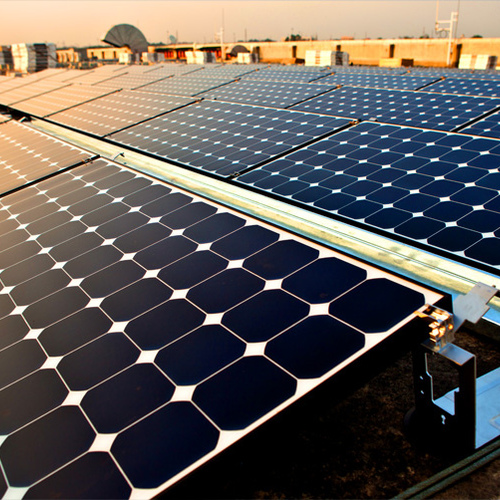
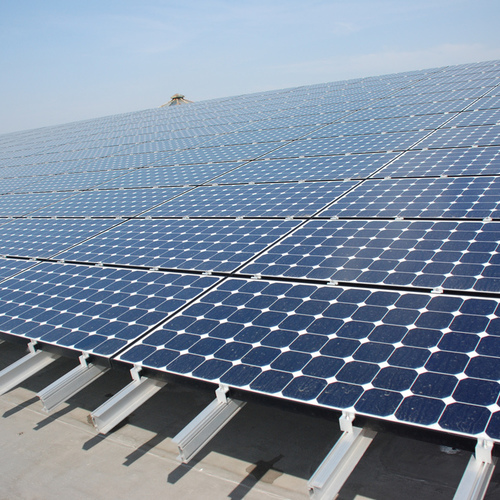






2 Comments
Too funny. This is essentially a fight between the
installers and the manufacturers of solar panels.
Naw- it was a fight between investors in TWO manufacturers...
...against the rest of the industry. The ITC case was correct- those two manufacturers had a credible case of damage, and the investors (most of which were outside of the US) wanted to be made whole. But the remedy of slapping on tariffs was blunt force overkill. It's not doing most US manufacturer's a whole lot of good, and will fade away by the time any investment in new US production could be paid off by the tariff premium.
The tariff has prompted the purchase & sale of a few US manufacturers by larger offshore manufacturers as a work-around, and it's prompted a least one Chinese panel manufacturer (who had been considering building manufacturing capacity in the US for a variety of business reasons) to jump in now as opposed to later, but there's no way the tariff will pay off very much of that investment, given how long it takes to bring up a new manufacturing line, and removing the tariff isn't likely to induce them to reverse that decision.
Exemptions are still being handed out left & right by those manufacturers who kneel to kiss the administration ring , but this isn't really the right way to run a country or regulate an industry.
Log in or create an account to post a comment.
Sign up Log in